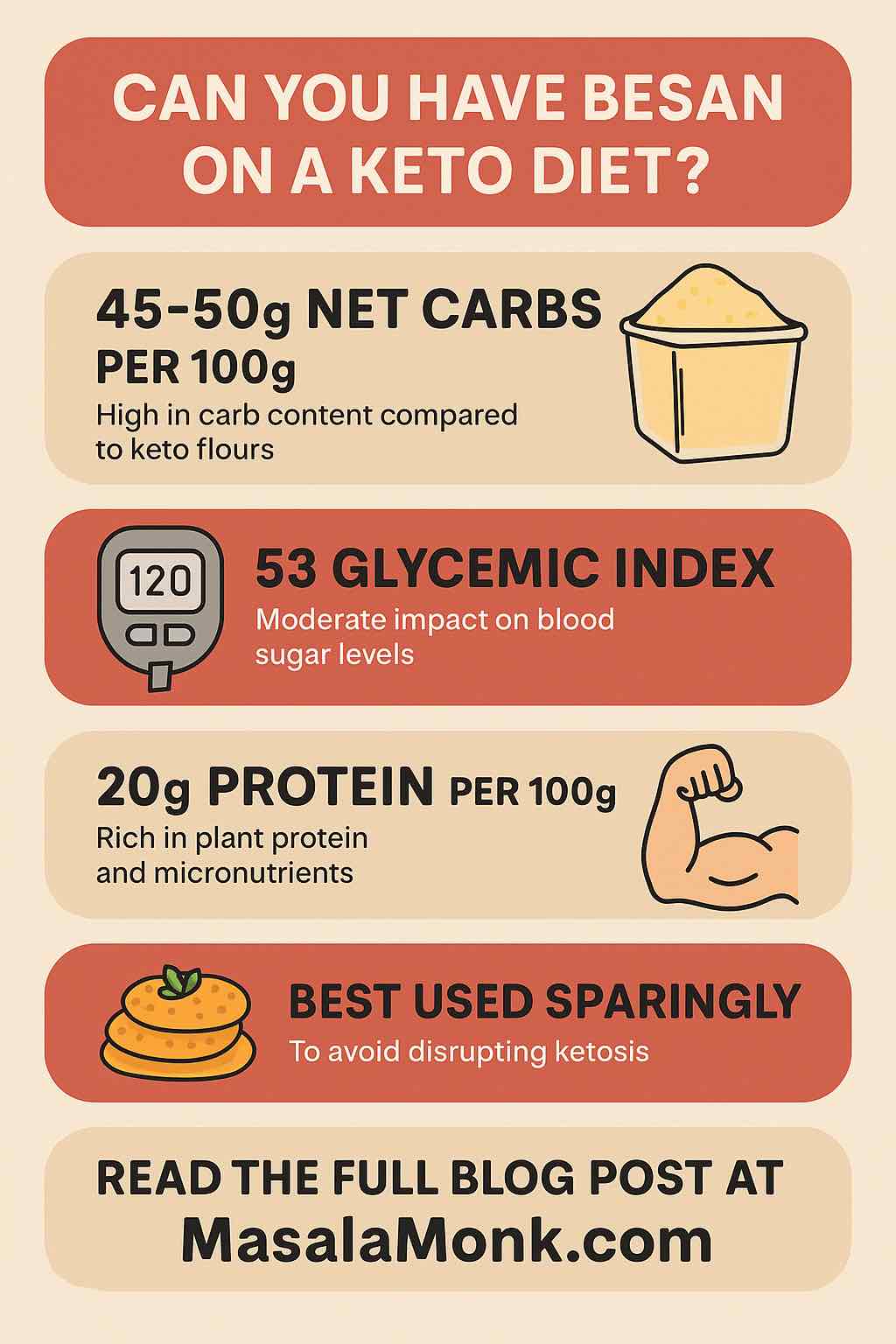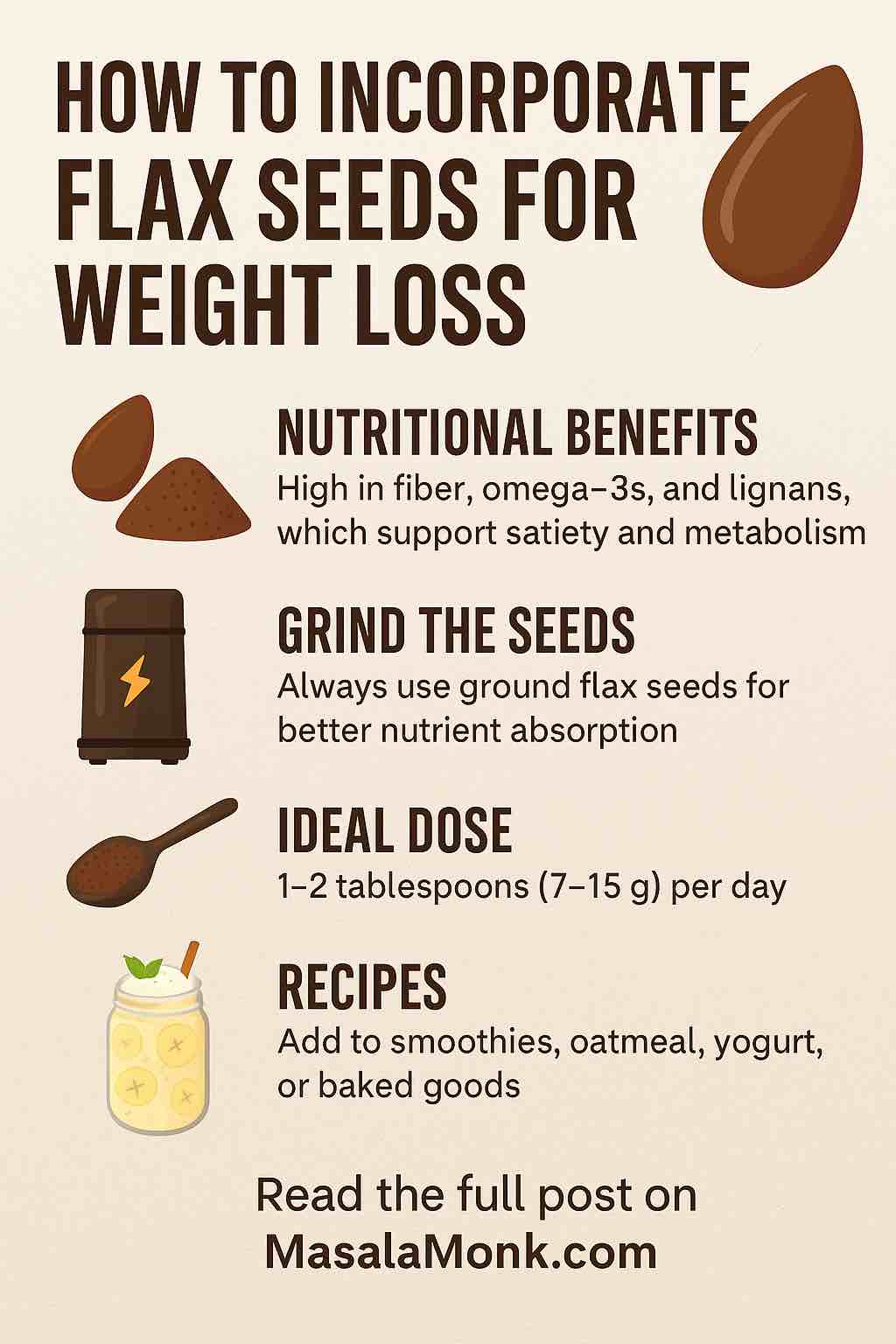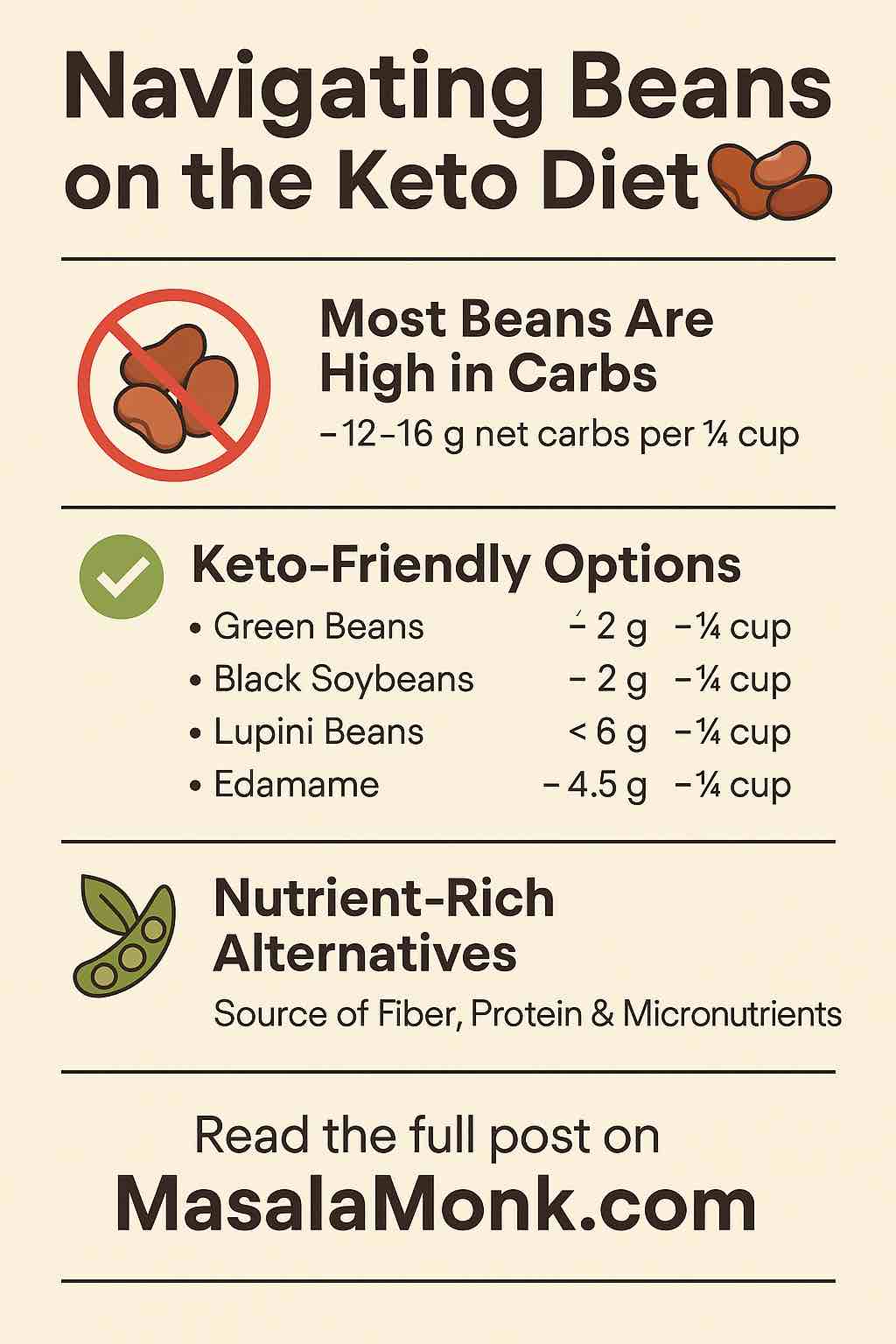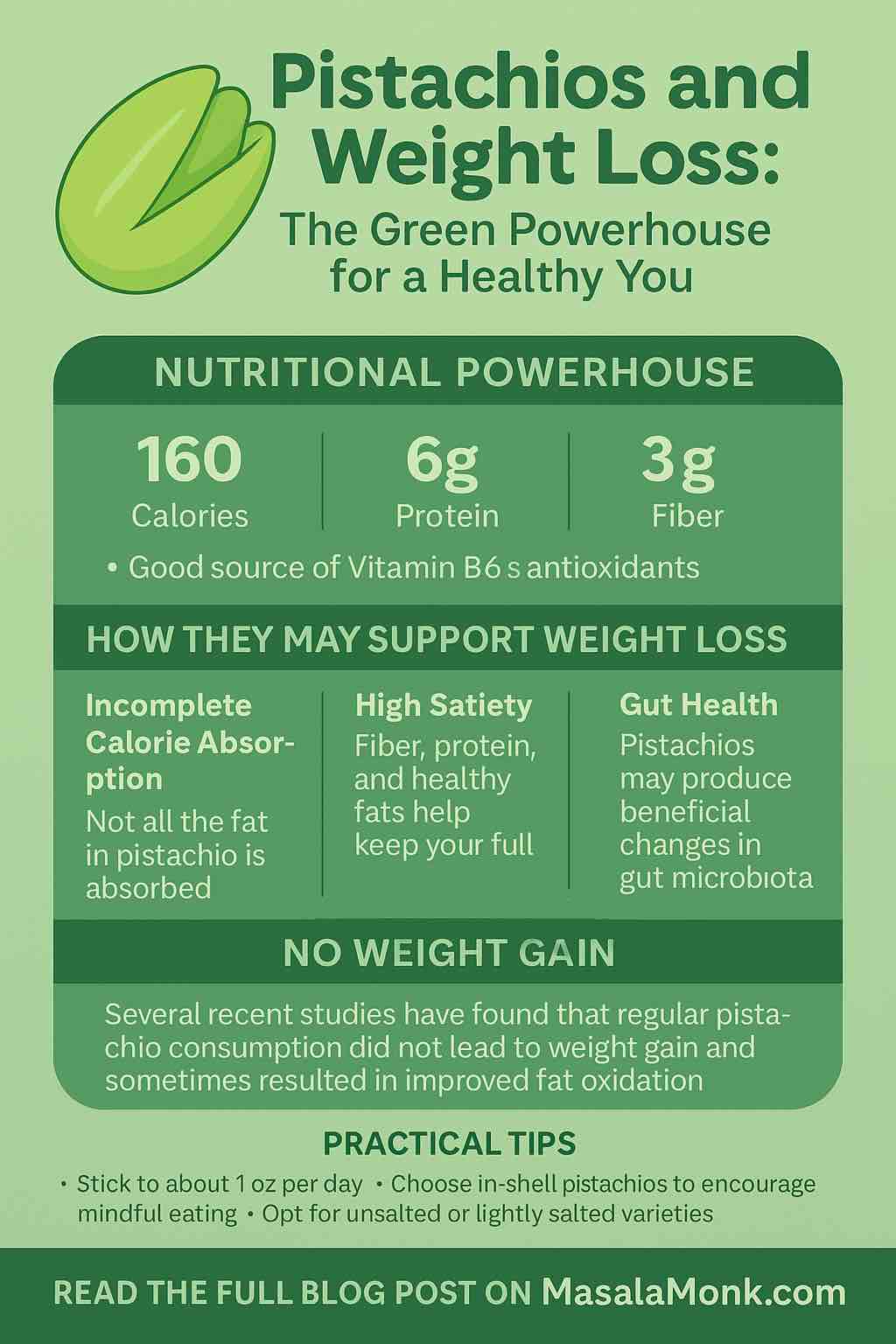
When it comes to navigating the world of keto-friendly ingredients, besan (also known as gram flour or chickpea flour) often sparks debate. Packed with nutrients, gluten-free, and a staple in many South Asian kitchens, besan is a powerhouse of flavor and function. But does it have a place in a ketogenic diet, which demands extremely low carbohydrate intake? Let’s explore this in-depth and provide actionable insights you can use right away.
What is Besan?
Besan is a flour made from ground chana dal (split brown chickpeas). It has a slightly nutty flavor and is a key ingredient in Indian, Pakistani, Bangladeshi, and Sri Lankan cooking. From pakoras to chilla, its versatility is unmatched. Nutritionally, it boasts:
- ~387 calories per 100g
- ~22g protein
- ~56g carbohydrates
- ~10-11g dietary fiber
- ~6g fat
This brings the net carbs (total carbs minus fiber) to around 45g per 100g, which is high by keto standards.
Keto Diet: A Quick Refresher
The ketogenic diet is a low-carb, high-fat diet where the body enters a state of ketosis — burning fat for energy instead of carbohydrates. Most keto plans recommend 20-50g of net carbs per day, depending on the individual’s metabolism and goals.
Clearly, 100g of besan would exceed the daily carb limit. But can it be used strategically within those boundaries?
Can Besan Be Used in a Keto Diet?
Short Answer: Not as a Staple, But Sparingly
While besan is high in carbs, it also provides a unique nutrient profile — rich in plant protein, fiber, iron, folate, magnesium, and B-vitamins. It has a moderate glycemic index (GI ~44), which is better than refined flours, but still too high for large-scale use in keto cooking.
The Practical Answer: Use Micro-Portions
Think of besan not as a flour base, but as a flavor enhancer or binder. Here are a few smart ways to use it without breaking ketosis:
- Chickpea Batter for Fritters
- Mix 1 tbsp of besan (~8g carbs, ~2g fiber) with shredded zucchini, spices, and almond flour.
- Pan-fry for savory snacks without blowing your carb budget.
- Low-Carb Roti Substitute
- Combine 1 tbsp besan with coconut flour, psyllium husk, and boiling water.
- Roll thin and dry-toast on a skillet.
- As a Binding Agent
- A teaspoon of besan can replace eggs in vegan recipes or act as a binder in keto-friendly veggie patties.
- In Mixed Flour Recipes
- Use besan (1 part) with almond flour (3 parts) to retain flavor while controlling carbs.
Comparison: Besan vs. Popular Keto Flours
| Flour Type | Net Carbs (per 100g) | Protein | Fiber | Keto-Friendly? |
|---|---|---|---|---|
| Besan (Chickpea) | 45-50g | 22g | 10g | ❌ Only in small doses |
| Almond Flour | ~10g | 21g | 10g | ✅ Yes |
| Coconut Flour | ~20g | 7g | 38g | ✅ Yes |
Besan clearly has more carbs than almond or coconut flour. So if you’re strictly keto, besan should never be the main ingredient.
The Bottom Line
Besan is nutrient-dense, gluten-free, and versatile, but it is not keto-friendly as a primary flour. However, with mindful planning and very limited portions, it can enhance keto dishes without sabotaging your state of ketosis.
Final Tips:
- Track your macros closely if you include besan.
- Avoid daily use — reserve for special meals.
- Pair with low-carb flours like almond or coconut.
- Use as a flavoring/binder, not a base.
Want to Try It?
Here’s a mini recipe to get you started:
Low-Carb Zucchini Besan Fritters
- 1 tbsp besan
- 2 tbsp almond flour
- ½ grated zucchini (squeezed dry)
- Salt, turmeric, chili flakes
- Pan-fry in ghee or avocado oil
~6-7g net carbs per serving. Delicious, satiating, and keto-smart.
🔍 Frequently Asked Questions (FAQs)
1. Is besan (chickpea flour) keto-friendly?
Not by default. Besan has around 45–50g net carbs per 100g, which is too high for a standard ketogenic diet. However, it can be used in small quantities alongside low-carb ingredients.
2. How much besan can I safely use on keto?
Most keto diets allow 20–50g of net carbs daily. Limit besan to 1 tablespoon or less per meal (~6–8g net carbs), and balance it with other low-carb foods.
3. Why does besan have so many carbs if it’s high in fiber?
While besan has about 10–11g fiber per 100g, it still contains significant starches, making the net carbs high compared to keto flours like almond or coconut.
4. Can I use besan to replace almond or coconut flour on keto?
No. Besan cannot be used as a full substitute due to its high net carb count. Instead, blend small amounts with almond or coconut flour for taste and texture.
5. Is besan better than wheat flour for low-carb diets?
Yes, in terms of glycemic impact and nutrition, besan is better than wheat flour. It’s gluten-free, richer in protein and fiber—but still not ideal for strict keto.
6. What are the health benefits of besan despite its carbs?
Besan is rich in plant protein, fiber, iron, magnesium, folate, and B vitamins. It promotes satiety, helps manage blood sugar (better than wheat), and supports gut health.
7. Does besan spike insulin or blood sugar?
It has a moderate glycemic index (~44–55), meaning it causes a slower rise in blood sugar than refined flours, but can still affect insulin in higher doses.
8. Is roasted or cooked besan lower in carbs?
Cooking doesn’t significantly reduce the carb content. However, roasted besan may have slightly better digestibility and flavor but remains unsuitable in large keto servings.
9. What are some keto-friendly dishes that use a little besan?
- Zucchini besan fritters
- Chilla with mixed low-carb flours
- Pakora with extra fiber (psyllium, flaxseed)
- Keto wraps using 1 tsp besan for flavor
10. Is besan good for low-carb diets other than keto?
Yes. For moderate low-carb or carb-cycling diets, besan can be used more liberally due to its nutrient density and slower digestion profile.













